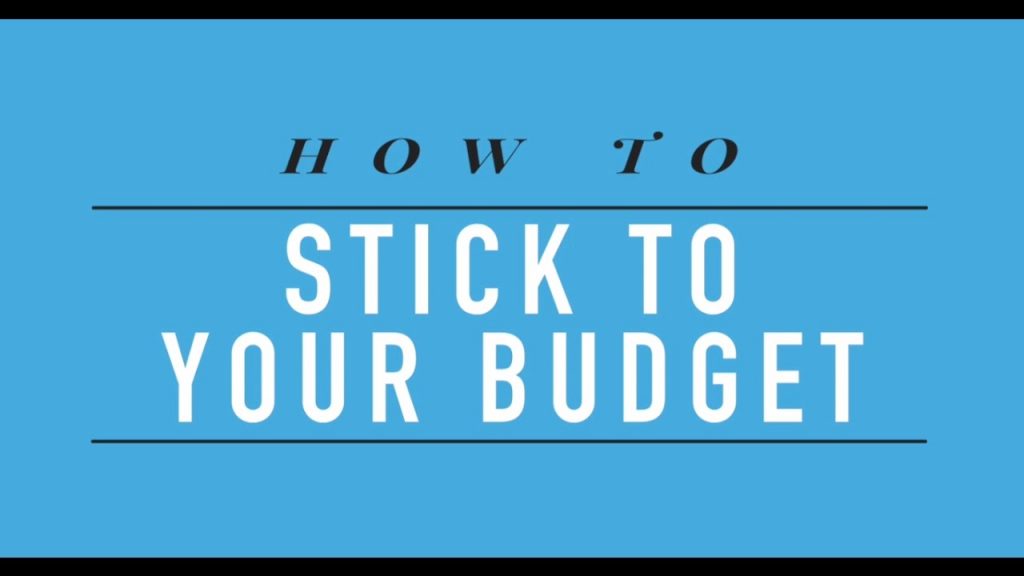 Making a budget is the lesser demanding task as compared to sticking to it. It requires self-discipline and determination, but when you manage to master this, you can be sure of financial freedom. Once you have established the relationship between your income and expenses, a budget will help you to reduce liabilities and accumulate assets.
Making a budget is the lesser demanding task as compared to sticking to it. It requires self-discipline and determination, but when you manage to master this, you can be sure of financial freedom. Once you have established the relationship between your income and expenses, a budget will help you to reduce liabilities and accumulate assets.
Get an accountability partner
When you make your personal financial plan and set your targets, share them with someone who will help you stick to that plan to the end. This is someone who will curtail your impulse shopping habits or help you shift focus from other issues which cause your poor money management habits.
This idea works well for a family budget where the members commit to meeting common goals, and this will keep money wastage tendencies in check. In a family, the members are each other’s accountability partners and help each other to develop good money habits, and to avoid pursuing instant gratification at the expense of other needs.
If you don’t have an accountability partner, or if your family practices some degree of financial autonomy due to the age of the members, you can discuss measures such as setting limits on credit cards and reviewing allowances to control expenses.
Readjustment is not failure
Initially, your budget may need constant adjustments. In a situation where you have not made any budgets previously, you might not be aware of the exact amounts you spend on various items. However, in due course, you will be able to track your expenses and find exact figures to put on your income and expenditures columns.
Furthermore, sometimes you come across promotions and bargains in your shopping channels. Such purchases though not on your budget could be something you were saving for or intending to buy in the future and could improve your family’s welfare significantly. However, you must come up with strategies to make up for the excess expenditures.
Review your progress often
When starting out and still working on getting financial discipline, have a session daily where you list all your expenses for the day. If you have a source of revenue from which you receive cash daily, record that income too. Check your bank accounts and your debit cards and scrutinize your receipts.
Ensure you have paid outstanding bills and fees and update your budget accordingly. Such an exercise will show you where your money comes from and where it goes. As you study your cash flow, you will see your financial habit and know what needs amending the budget and your habits.
Adjust your lifestyle
When you consider the ultimate reason why you want to plan for your money, you should consider a lifestyle change. For instance, if you want to slash your expenses to save a specific amount to purchase an asset, you might need to dispose of some items especially those with costly maintenance like cars.
You might need to move to a smaller house, go on budget holidays, do your hair and nails, and shop and eat out less to save money. Furthermore, you would need to explore ways to earn extra bucks towards your target or to sustain your lifestyle if you still want to save money without downsizing.
Consider the benefits of good financial records
With the appropriate personal finance practices clearly showing in a growing bank balance and any loans you owe get paid off promptly, you can now think of starting a family business. Promising financial records come handy when seeking an unsecured line of credit for small start up business. Keep practicing, and budgeting will be a way of life.
Further Reading
The infographic below provides a visual guide to how you can start saving today by cutting down costs and some convenient alternatives that can save you a lot of money in the long-run.








